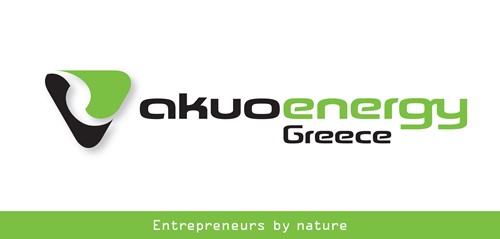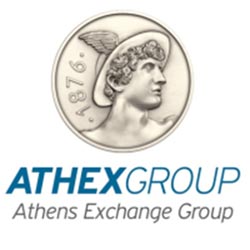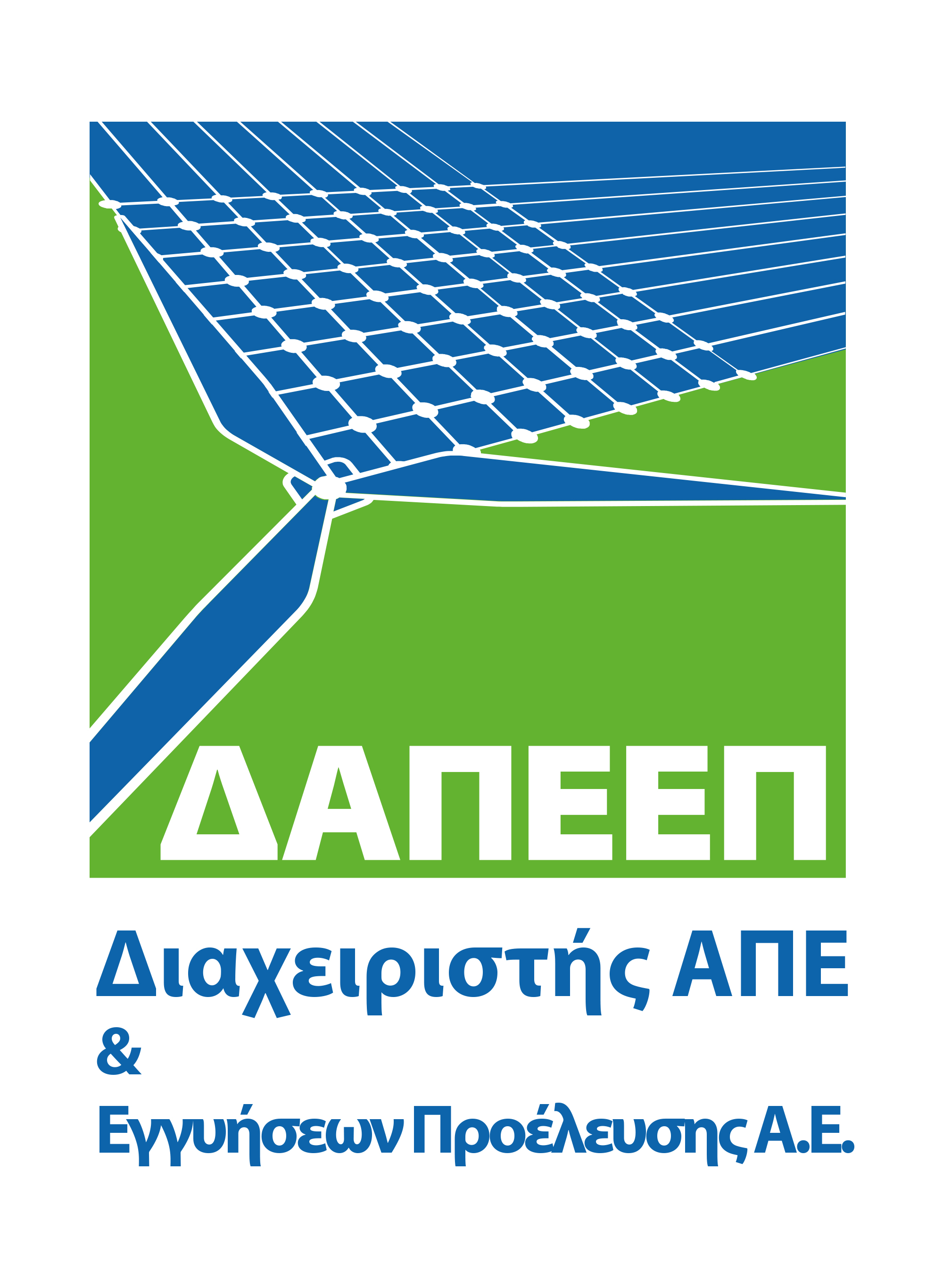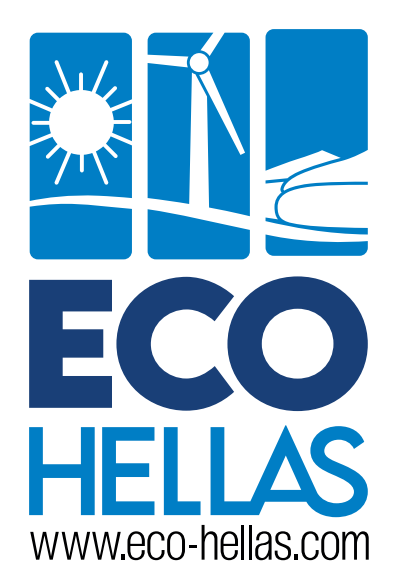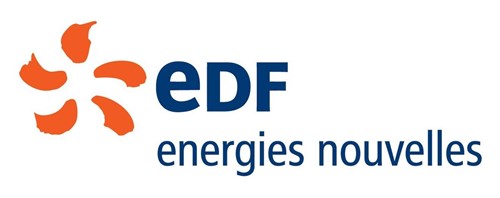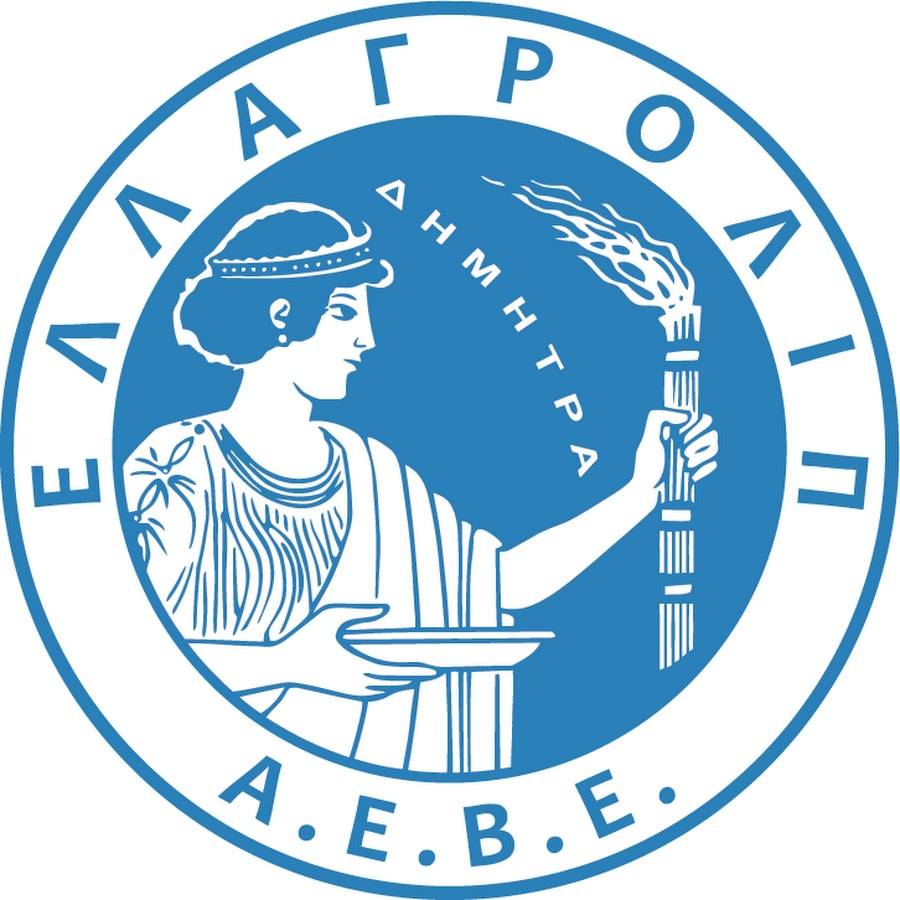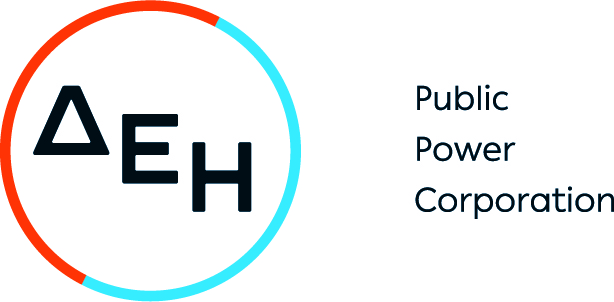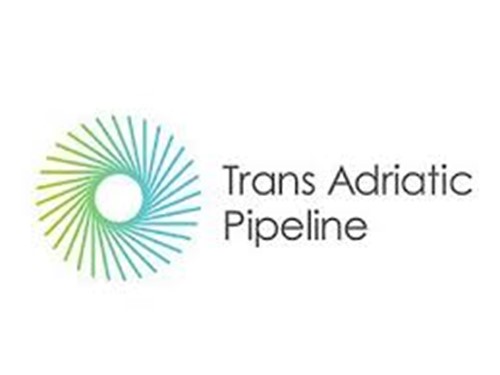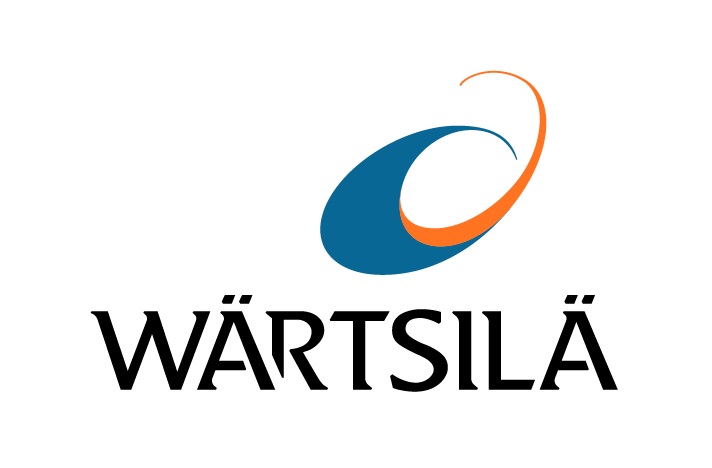On the 21st of August Turkey’s President Recep Tayyip Erdogan announced the discovery of a sizeable natural gas field off the Turkish Black Sea coast. The discovery of some 320 billion cubic metres (bcm) is being hailed as a game-changer.
The new field, one of the world’s largest gas discoveries, has the potential to meet up to $80 bn of Turkey’s energy needs over several decades according to the International Energy Agency (IEA).
Indigenous production promises to reduce Turkey’s dependence on foreign suppliers such as Russia, Iran, Azerbaijan and Qatar. Turkey has a crippling energy import bill estimated in 2019 at $41 bn. Moreover, the discovery has both significant economic and geopolitical dimensions.
Is the Black Sea Discovery Really a Game-Changer?
Announcing Turkey's largest-ever natural gas discovery, President Erdogan predicted that the country would soon become a net exporter of energy.
However, this leaves many unanswered questions about the costs of production and how much of the estimated 320 billion cubic meters of natural gas could be really recovered.
Erodgan's promise that the first gas would reach Turkish consumers by 2023 was also met with scepticism due to the complex nature of deepwater gas extraction and the fact that Turkey lacks experience of deep-sea gas production. More appraisal wells will be needed to confirm resource estimates and also understand the geology of the field as the Black Sea posed additional logistical challenges.
Other analysts think it could take up to a decade to extract the gas and that the state-run energy firm TPAO will need to form a joint-venture with a foreign energy giant to fully realize the project.
Economic Dimension
Still, the discovery is a shot in the arm for Turkey’s economy. Turkey was already struggling to brush off a debt and currency crisis when the COVID-19 pandemic struck in March. Inflation and unemployment remain high, tourism has fallen off a cliff, the Turkish Lira has lost a fifth of its value against the dollar since January and Erdogan's confrontational policies have unnerved investors.
The IMF and the World Bank expect Turkey’s gross domestic product (GDP) to shrink by 3.8%-5.0% this year for the first time since 2009.
Though Turkish authorities are vowing that production will kick off as early as 2023, the centennial of the Republic, tapping into offshore deposits is technically challenging and costly. With hydrocarbon prices low, recouping investment might prove difficult.
Far from sated, however, President Erdogan vowed that Turkey plans to accelerate its drilling efforts in both the Black Sea and the Eastern Mediterranean until it becomes a net energy exporter.
Geopolitical Dimension
News of the Black Sea discovery overshadowed the worsening tensions in the Eastern Mediterranean where Turkey and Greece are at odds over energy exploration activities. The two NATO members, and Cyprus, have overlapping claims to waters where oil and gas deposits have been discovered. In recent days, both Turkish and Greece warships have been sent to the disputed waters.
It seems that Turkey prizes power projection over diplomacy and in so doing, it risks military confrontation with Greece and also in the Eastern Mediterranean.
Turkey would be flouting the United Nations Convention of the Law of the Sea (UNCKOS) if it believes that discovering a new natural gas or oil deposit in contested waters might allow it to argue more forcefully that the surrounding waters belong to it. In a long-festering dispute, Turkey maintains that its sovereign territory extends into the Mediterranean as far as its continental shelf, while Greece takes the view that each of its many small islands creates their own exclusive economic zones (EEZs). The dispute shows no signs of resolving itself anytime soon.
In the Eastern Mediterranean, competing claims on maritime borders, EEZs, and energy resources have put Turkey, Greece, and Cyprus at loggerheads with one another. Much of the problem stems from Greek claims on the maritime border of islands that are close to the Turkish mainland – and Ankara’s counterargument that these islands cannot have the same EEZ rights as the Greek mainland, partly because this would leave areas on the Turkish coast closed off to Turkish ships and drilling projects.
Moreover, Turkey opposes the proposed EastMed gas pipeline which will transport Cypriot and Israeli gas supplies under the Mediterranean to the EU via the Greek mainland. Turkey believes it undermines its position as an energy hub of sorts for Europe by competing with the Turk Stream pipeline bringing Russian gas supplies to Turkey and the EU under the Black Sea and also the Southern Gas Corridor (SGC) bringing Caspian gas from Azerbaijan to Turkey and then to the EU via the Trans Adriatic Pipeline (TAP).
President Erdogan Erdogan’s government said it was on the verge of announcing a resumption of talks with Greece last month when Athens signed a deal setting out its maritime border with Egypt – an agreement which Turkey says it cut across its own waters.
The agreement signed with the Government of National Accord (GNA) in Libya for the delimitation of the EEZs has led to pushback by Greece, Cyprus, Egypt, Israel, and lately, France. Tensions are rising after Greek and Turkish ships collided earlier in August. While both Ankara and Athens would prefer to avoid dangerous escalation and eventually come back to the negotiating table, neither wants to blink first. Still, there is a glimmer of hope that the Black Sea discovery could lead to a de-escalation of tensions in the Eastern Mediterranean.
Greek & Turkey’s Territorial Disputes

President Erdogan coming under international pressure and facing economic difficulties internally may choose as a gesture of goodwill to freeze exploratory activities in the disputed waters around Cyprus or off the Greek island of Kastellorizo using the Black Sea discovery as a diversion to entice warring parties to come to the negotiating table.
Right now, the chances for such a shift are slim. Cross-party support for Turkey's muscular posture vis-a-vis Greece and its allies runs strong. More assertive diplomacy appears to be paying off, whether in Syria, Libya or in the Eastern Mediterranean. Last but not least, Turkish policymakers do not see a linkage between the two issues. But keeping all options on the table, including de-escalation, would be a prudent choice for Ankara. The alternative could be a military conflict involving NATO and also European and Eastern Mediterranean countries.
---------------------------------------------------------------------------------------------------------------
*Dr. Mamdouh G. Salameh is an international oil economist. He is one of the world’s leading experts on oil. He is also a visiting professor of energy economics at the ESCP Business School in London.
Disclaimer: "The contents of this article are the author's sole responsibility. They do not necessarily represent the views of the Hellenic Association for Energy Economics or any of its Members".



